The Global Impact Of A Chopper Crash
After the shocking death of Iranian President Sayyid Ebrahim Raisolsadati, commonly known as Ebrahim Raisi (December 14, 1960 – May 19, 2024), and his Foreign Minister Hossein Amir-Abdollahian in a helicopter crash on May 19 (2024) night, Mohammad Mokhber (b. June 26, 1955) is all set to become the next President of the Islamic Republic!
The helicopter, carrying Raisi, Abdollahian and other top Iranian officials, met with an accident while crossing the mountainous terrain in heavy fog on its way to the Iranian city of Tabriz. Earlier, the President took part in the inauguration of the Qiz Qalasi Dam on the Iranian-Azerbaijani border. As per norms mentioned in the Iranian Constitution, First Vice President Mokhber (69) assumed the Presidency in an interim capacity. The seasoned politician, having close ties with Supreme Leader Ayatollah Ali Khamenei, headed the Setad (a powerful state-owned foundation) in the past. He holds advanced degrees in International Law and Management.
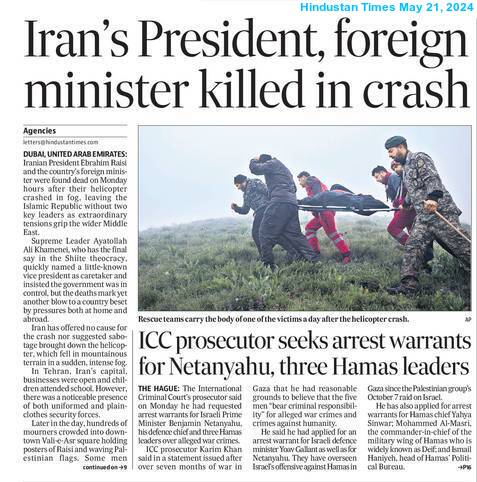
Meanwhile, a Council, consisting of Mokhber, Speaker of Majles (the Iranian Parliament) Mohammad Baqer Qalibaf and Judiciary Chief Ghollamhossein Mohseni Ezhei, has started making preparations for holding a fresh Presidential Election (within 50 days of Raisi’s shocking demise). Reports suggest that Supreme Leader Ayatollah Khamenei has approved this transition, reassuring his countrymen that State Affairs would continue without disruption.
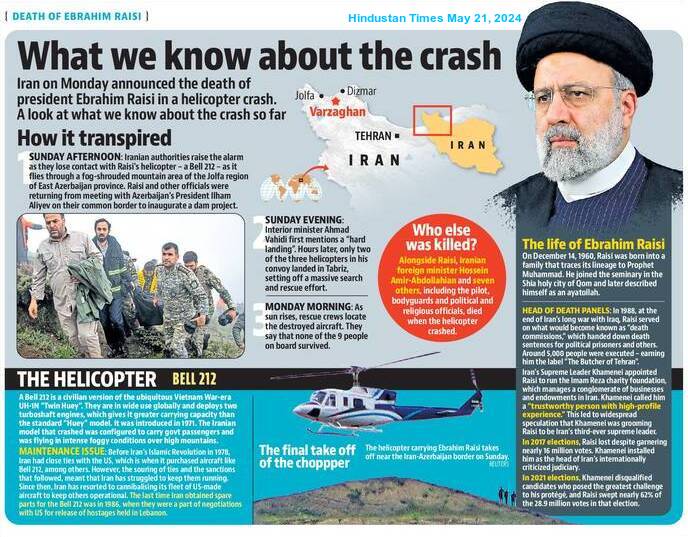
As expected, Hamas has expressed condolences for President Raisi’s death, mentioning in a statement that the Palestinian Movement appreciated his “support for the Palestinian resistance, and tireless efforts in solidarity” with Palestinians since the beginning of the Israel-Hamas War on October 7, 2023. Hamas also said that it would never forget President Raisi’s “intense political and diplomatic efforts to stop the Zionist aggression against our Palestinian people“. Russian President Vladimir Putin, too, hailed President Raisi as an “outstanding politician“, saying that his death in a helicopter crash was an “irreplaceable loss“. For his part, Turkish Foreign Minister Hakan Fidan stressed that his country “shares the pain of the friendly and brotherly Iranian people“.
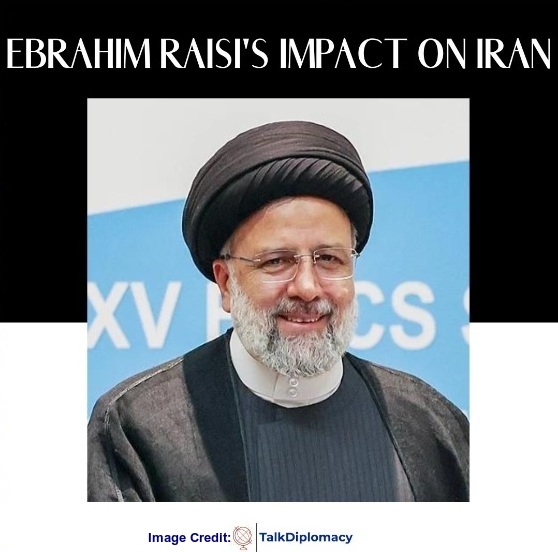
Raisi’s Impact On Iran
(Talk Diplomacy) Political analysts are of the opinion that the sudden death of Raisi, a close but uncharismatic ally of Khamenei, could significantly alter the Balance of Power within Iran. Raisi, Iran’s President since August 2021, was a prominent conservative figure within the Islamic Republic. Born in 1960 in Mashhad, Raisi has been deeply involved in Iran’s judiciary and political spheres for decades. He rose to prominence as the Deputy Prosecutor of Tehran in the 1980s and later held several key judicial positions, including the head of the judiciary from 2019 until his presidency. Raisi is often associated with Iran’s hardline faction, which emphasises strict adherence to Islamic principles and resistance to Western influence.
As president, Raisi focused on economic issues, particularly those exacerbated by US sanctions and the COVID-19 Pandemic. He pledged to combat corruption, improve living standards and reduce unemployment. Raisi’s Administration aimed to achieve self-sufficiency and boost domestic production, aligning with the Supreme Leader Ayatollah Khamenei’s vision of a Resistance Economy.
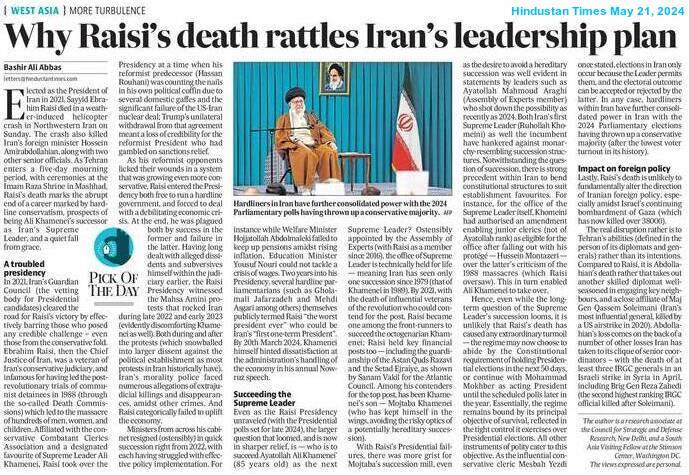
On the international front, Raisi’s Presidency continued to navigate complex relations with Western Powers, especially concerning the 2015 Nuclear Deal (JCPOA). While his government expressed willingness to return to negotiations, it insisted on the lifting of sanctions as a precondition for any agreement, maintaining a firm stance against the US and European pressures. Raisi’s Presidency represented continuity of Iran’s conservative governance, with a strong emphasis on maintaining the revolutionary ideals set forth since 1979.
The Rise & Rise Of Raisi
The Heads of the Government of the two countries play an important role in the ongoing conflict between Iran and Israel. Israeli Prime Minister Benjamin ‘Bibi’ Netanyahu is quite popular as a war-monger. In comparison, former Iranian President Raisi always maintained a low-profile at the global level. However, he was widely considered as an aggressive statesman. After his recent visit to Pakistan, President Raisi issued a stern warning to Israel. Political analysts are of the opinion that he was all set to adopt new tactics in order to increase the intensity of attacks on the Jewish nation!
Raisi used to serve as the Deputy Prosecutor of Tehran in 1988. While serving as the Deputy Prosecutor, he became one of the four judges of a controversial secret tribunal, called the Death Committee! At that time, the Islamic Republic was going through a turbulent political situation as thousands of people were in jail. Their retrial was arranged in this tribunal. Many of the prisoners were members of the anti-Government Left-Wing party, Mujahedeen-e-Khalq. The exact number of people sentenced to death by the tribunal is unknown till date. Later, Human Rights organisations claimed that at least 5,000 people were executed, during this time!
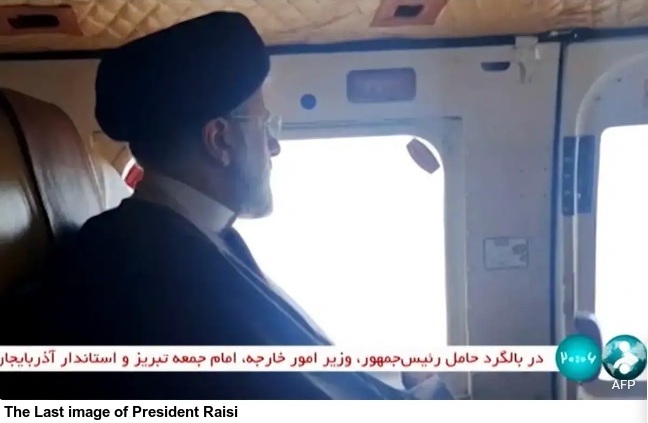
Raisi repeatedly denied his role behind these executions. However, he stressed that those deaths were justified because of Supreme Leader Ayatollah Ruhollah Musavi Khomeini‘s ‘fatwa’! He is said to have been called upon by Ayatollah Khomeini whenever a task was needed to be performed by using brutal force. Hence, his judicial career is marked by controversial moments, most notably his alleged involvement in the 1988 mass executions of political prisoners. It attracted significant international criticism and calls for accountability from Human Rights organisations.
Raisi was born on December 14, 1960 to a clerical family in the Noghan District of Mashhad, the second largest city of Iran where the holy shrine of Shia Muslims is located. His father, Seyed Haji, passed away when he was just five. Ancestrally, Raisi was among Husayn ibn Ali (Hussaini) Sayyids, and connected to Ali ibn Husayn Zayn al-Abidin Sayyids. He completed his primary-education from Javadiyeh School before studying in the Hawza (Islamic Seminary). In 1975, he went to Ayatollah Boroujerdi School to continue his education in Qom Seminary. He reportedly received a Doctorate Degree in Private Law from Motahari University. As a follower of Ayatollah Ruhollah Khomeini, he became a member of the fundamentalist Haqqani Circle, a radical school of thought that produced many disciples who would go on to work in key sectors of the Islamic Republic, particularly its repressive institutions. After the 1979 Islamic Revolution, Raisi joined the judiciary and served as a prosecutor in various cities.
When Ayatollah Ali Khamenei became the Supreme Leader after the demise of Ayatollah Ruhollah Khomeini in 1989, the former engaged Raisi in different functions. Through various promotions, Raisi was appointed as the Deputy Chief Justice and the Prosecutor General of Iran in 2014. A couple of years later, his appointment as the Custodian and Chairman of Astan Quds Razavi (a bonyad based at Mashhad that is the administrative organisation which manages the Imam Reza shrine and various institutions that belong to the organisation) made it clear that Ayatollah Khamenei decided to groom Raisi as his successor. It helped Raisi to create a noble image of himself, apart from establishing his power of patronage.
Although Raisi failed to perform well in the 2017 Presidential Election, the electoral defeat did not have any negative impact on his image. In fact, Ayatollah Khamenei appointed him to an important position in the judiciary within a couple of years. Raisi implemented a number of reform programmes, which resulted in a decrease in the number of inmates sentenced to death for drug-related offences. Even after that, Iran executed the second largest number of people (after China) in the world! Also, the judiciary continued to prosecute many on charges of espionage!
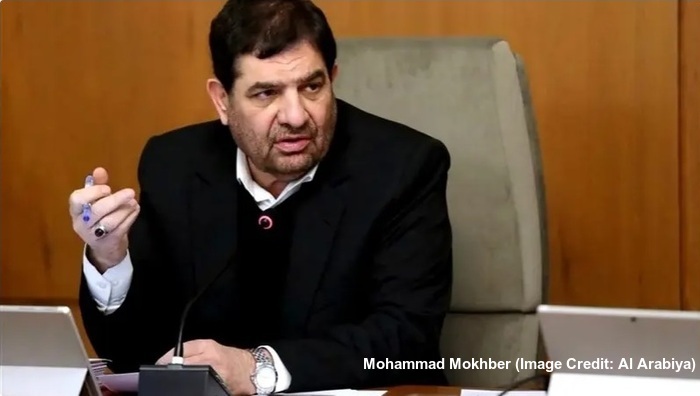
Donald Trump, the then President of the US, imposed sanctions on Raisi in 2019 on the basis of a Human Rights report. He was also accused of violently suppressing the anti-Government Green Movement after the disputed 2009 Presidential Elections. However, none of these could stop him from winning the Presidential Elections in 2021! One should not forget that several moderate and reformist candidates were disqualified in that election. Everything was arranged in such a way so that Raisi would not face a tough challenge from other candidates.
The problem with Iran’s Supreme Leaders is that they have always used force over the masses. Hence, the distance between the State and the Civil Society has increased over time. The death of 22-year-old Iranian woman Mahsa Amini on September 16, 2022 in a hospital under suspicious circumstances triggered the Anti-Hijab Movement in the West Asian nation. Earlier, the Guidance Patrol (the religious Morality Police of Iran) arrested Amini for allegedly not wearing the hijab in accordance with Government standards. The movement still continues!
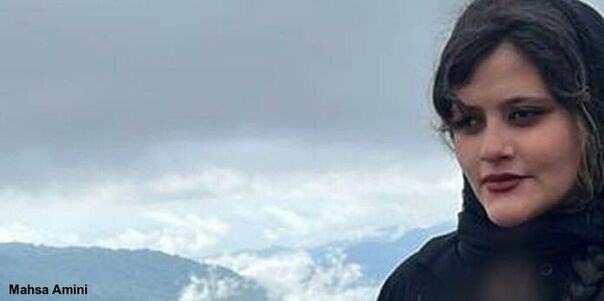
In the midst of this decade-long unrest, the Israel-Hamas War has increased Tehran’s discomfort. The recent Israeli-Iranian missile attacks and counterattacks have put the Iranian people, as well as entire West Asia, at a great risk. Many believe that powerful leaders, like Raisi and Netanyahu, are responsible for this.
With inputs from Talk Diplomacy.
Boundless Ocean of Politics on Facebook
Boundless Ocean of Politics on Twitter
Boundless Ocean of Politics on Linkedin
Contact: kousdas@gmail.com

